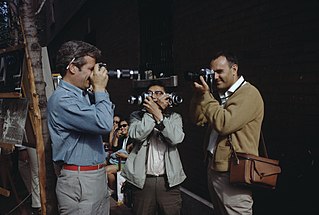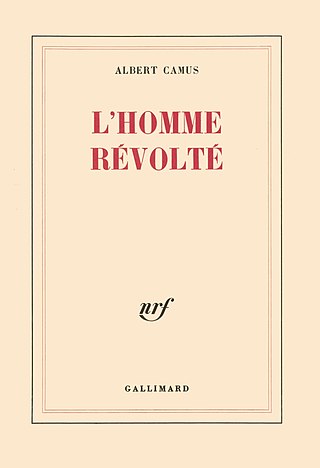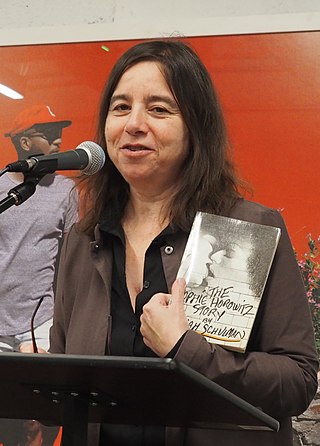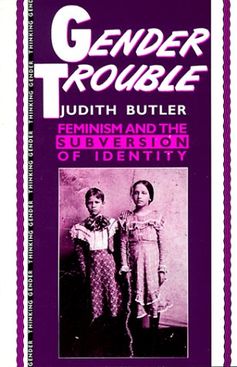Lists














14 Books
Poetry
Sort by:
Recent Desc
More lists by nick bosi

Fiction
List includes: Nausea, Their Eyes Were Watching God, The Bluest Eye
January 2023
0
@negativetemporality2d8c21



Essays/Memoirs/Cultural Criticism
List includes: The Arcades Project, Ways of Seeing, On Photography
January 2023
0
@negativetemporality2d8c21



Leftist theory reading list
List includes: Postmodernism, or, The Cultural Logic of Late Capitalism, German Ideology, Madness and Civilization: A History of Insanity in the Age of Reason
January 2023
0
@negativetemporality2d8c21



Philosophy
List includes: The Myth of Sisyphus, Civilization and Its Discontents, The Rebel
January 2023
0
@negativetemporality2d8c21



Queer Non-fiction reading list
List includes: The Gentrification of the Mind: Witness to a Lost Imagination, Female Masculinity, Gender Trouble: Feminism and the Subversion of Identity
January 2023
0
@negativetemporality2d8c21



Photography
List includes: Tulsa, Nan Goldin: The Ballad of Sexual Dependency, The Polaroid Book: Selections from the Polaroid Collections of Photography
January 2023
0
@negativetemporality2d8c21
Queer Non-fiction reading list
List includes:
January 2023
0
@negativetemporality2d8c21